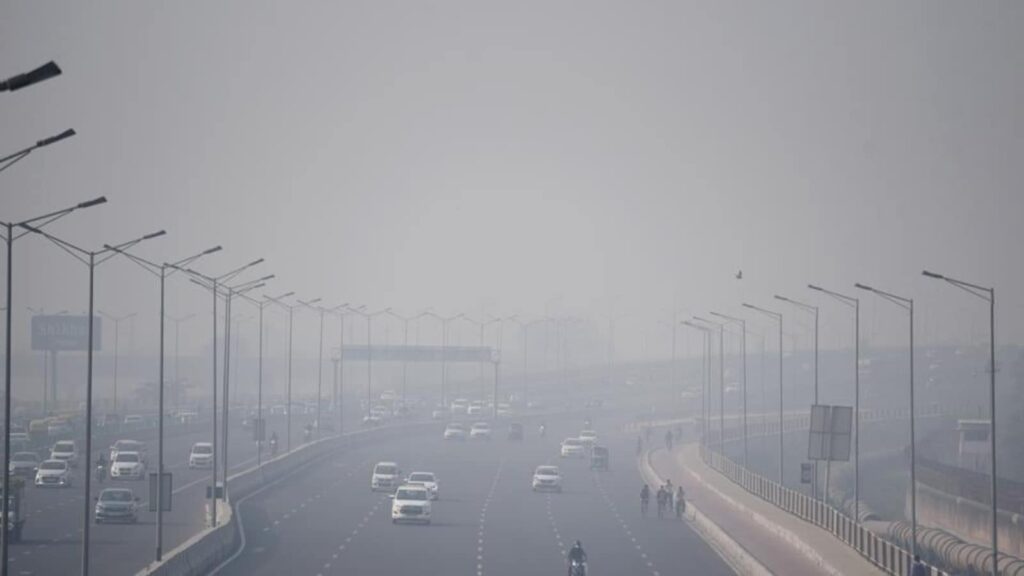The noxious mix of vapours in India’s national Capital is shaving off nearly 12 years from a resident’s life expectancy, a global report has estimated, painting a damning picture of the administrative apathy that led the air to deteriorate year after year, intervening only with stop-gap measures once it literally gets too difficult to breathe. The Air Quality Life Index 2023 report of the University of Chicago’s Energy Policy Institute (EPIC) — which calculated the global loss in life expectancy across 245 countries and territories, analysing the annual average PM 2.5 levels from 2013 — found that Delhi, Noida and Gurugram were the worst global performers. In India, the northern plains — home to nearly 40% of the population — were found to be the worst performers with the average resident losing about eight years of life expectancy due to pollution.
Much of this is known. And yes, some of it is due to historical, geographical and anthropological factors — Delhi, for example, never has excellent air quality due to its geographical position, and the thickly populated northern plains have always had elevated levels of pollution due to industrial activity. But the air is worsened by adverse actions such as stubble burning, denuding of the Aravalli ranges and unchecked vehicular emissions. This phenomenon is not unheard of in metropolises — remember the pea soup fog in London, and the poisonous air that choked cities such as New York in the 1940s. Across northern India, more basic livelihood issues often dominate the electoral discourse, allowing the authorities to escape scrutiny on the pollution front. But no country has progressed economically without caring for the health of its citizens. The government needs to take the health hazards of pollution seriously. The first step on this journey would be to delink air action plans from the winter and develop holistic year-long strategies.

